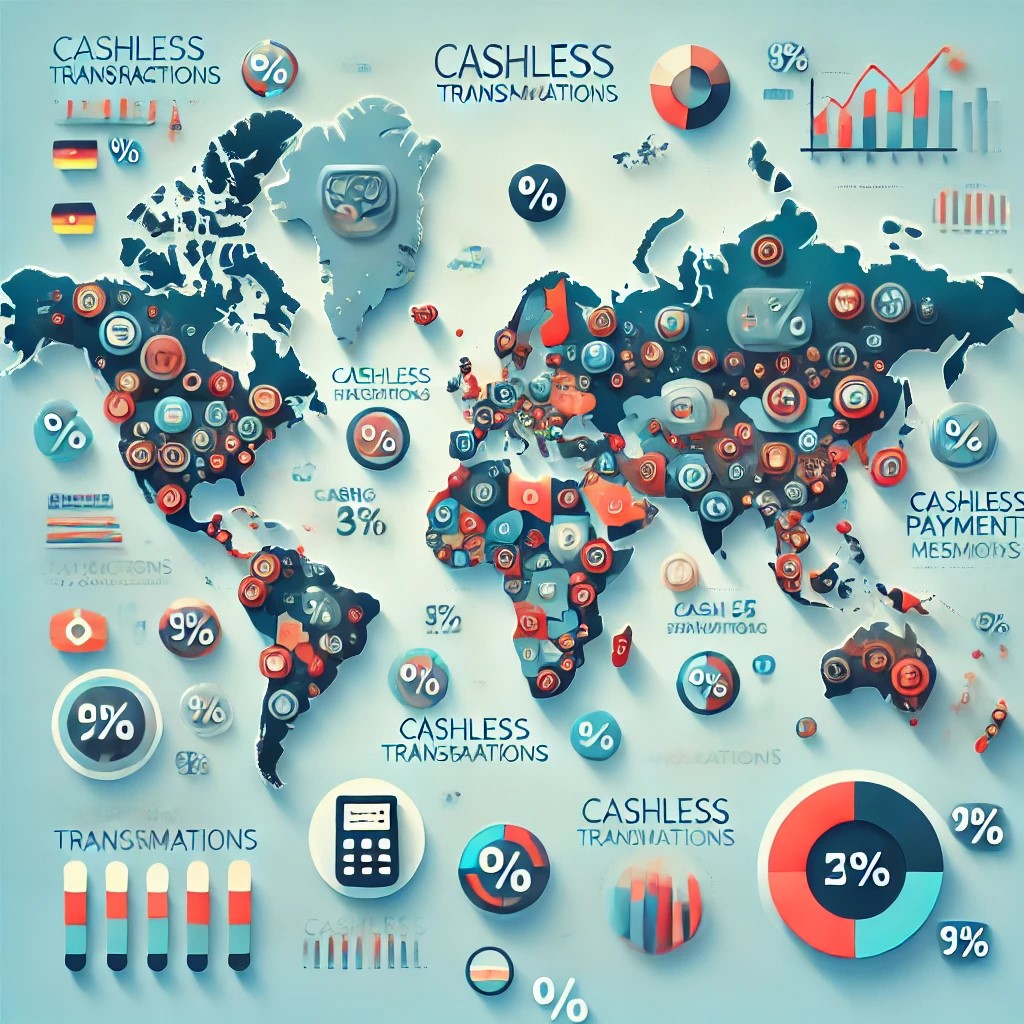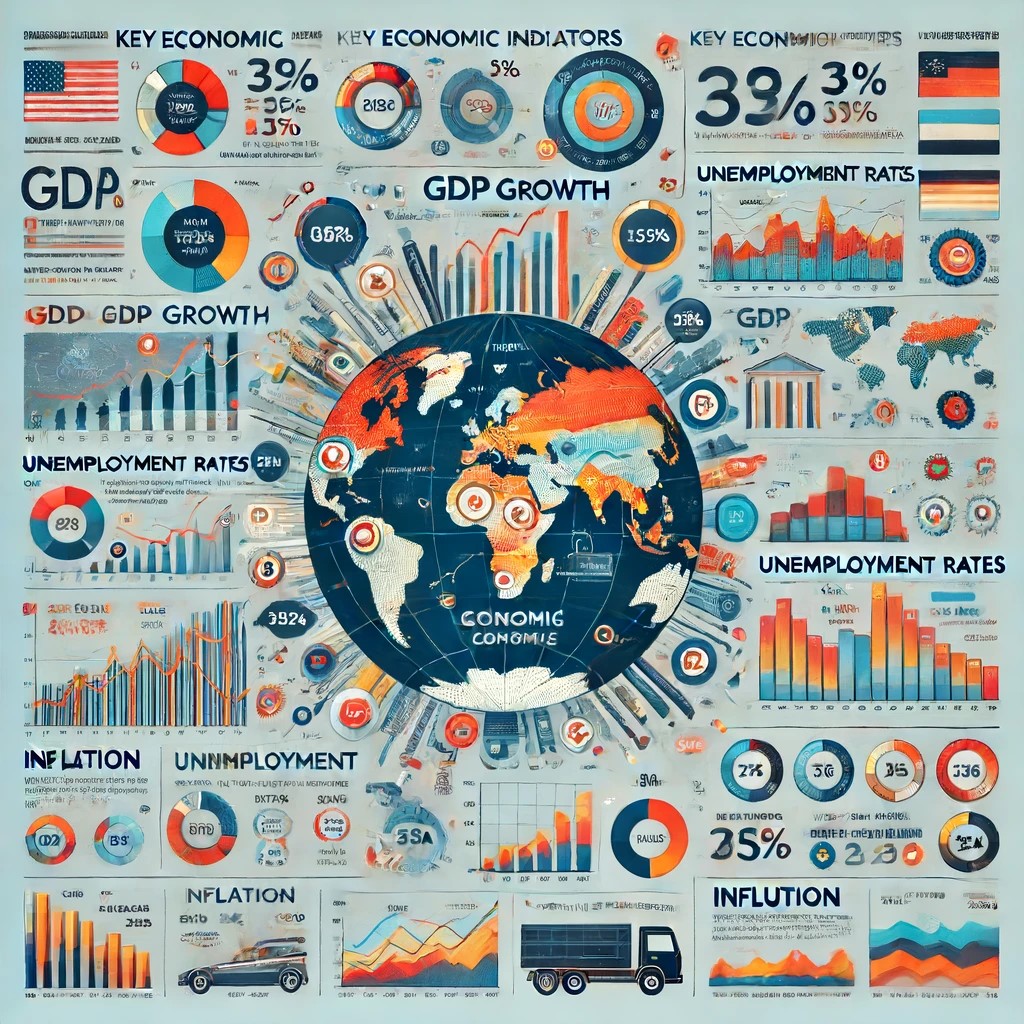The Future of Cashless Societies
The concept of a cashless society, once a futuristic notion, is rapidly becoming a reality. Around the globe, countries are embracing digital payments at an unprecedented pace, driven by technological advancements, changing consumer preferences, and governmental initiatives. This article explores the current trends that are shaping cashless societies and forecasts the developments we might expect in the future.

Current Trends in the Move Towards Cashless Transactions
Rise of Mobile Payments: Smartphones have become ubiquitous, and mobile payment solutions like Apple Pay, Google Wallet, and Samsung Pay are increasingly popular. These platforms allow consumers to make secure purchases directly from their mobile devices, fostering a more convenient and streamlined transaction process.
Government Initiatives: Many governments are actively promoting digital payments as a way to increase transparency and reduce the costs associated with handling cash. For example, India’s government implemented a series of measures to encourage digital transactions following their demonetization exercise in 2016.
Fintech Innovations: Financial technology companies are at the forefront of the cashless movement, introducing tools that facilitate instant, nearly free transactions. Cryptocurrencies and blockchain technology are also part of this trend, offering new ways to think about money and exchange without the need for traditional physical cash.

Benefits of Cashless Societies
The shift towards cashless transactions offers several benefits:
Reduced Crime: Cashless transactions can potentially reduce crimes like theft and robbery since less cash on hand means less cash to steal.
Convenience: Digital payments eliminate the need to carry cash or visit ATMs, providing a convenient solution for consumers.
Hygiene: In the post-COVID-19 world, contactless payments have gained attention for their ability to reduce physical contact, aligning with broader public health goals.
Challenges and Risks
Despite the advantages, the transition to cashless societies is not without challenges:
Privacy Concerns: Digital transactions create digital footprints, leading to concerns about data privacy and security.
Exclusion Issues: There's a risk of marginalizing individuals who lack access to digital banking services, particularly in rural or underprivileged areas.
Dependency on Technology: A cashless society is heavily dependent on technology, which raises issues related to system failures or cyberattacks.
Future Predictions for Cashless Societies

Looking forward, several trends are likely to shape the future of cashless societies:
Wider Adoption of Biometric Payments: Technologies using fingerprints or facial recognition for payment verification are likely to become more widespread.
Global Standardization: As the world becomes more interconnected, there may be moves towards standardizing cashless payment systems across borders to facilitate smoother international transactions.
Increased Regulation and Security: As digital payment platforms become more prevalent, regulatory frameworks will likely evolve to address privacy and security concerns more robustly.
Conclusion
The movement towards cashless societies reflects broader trends in globalization, technology, and consumer behavior. While the benefits of such societies are clear, the transition must be managed carefully to address the accompanying risks and challenges. With appropriate measures in place, the future of cashless societies looks promising, offering a more efficient, secure, and inclusive way to transact in the global economy.






